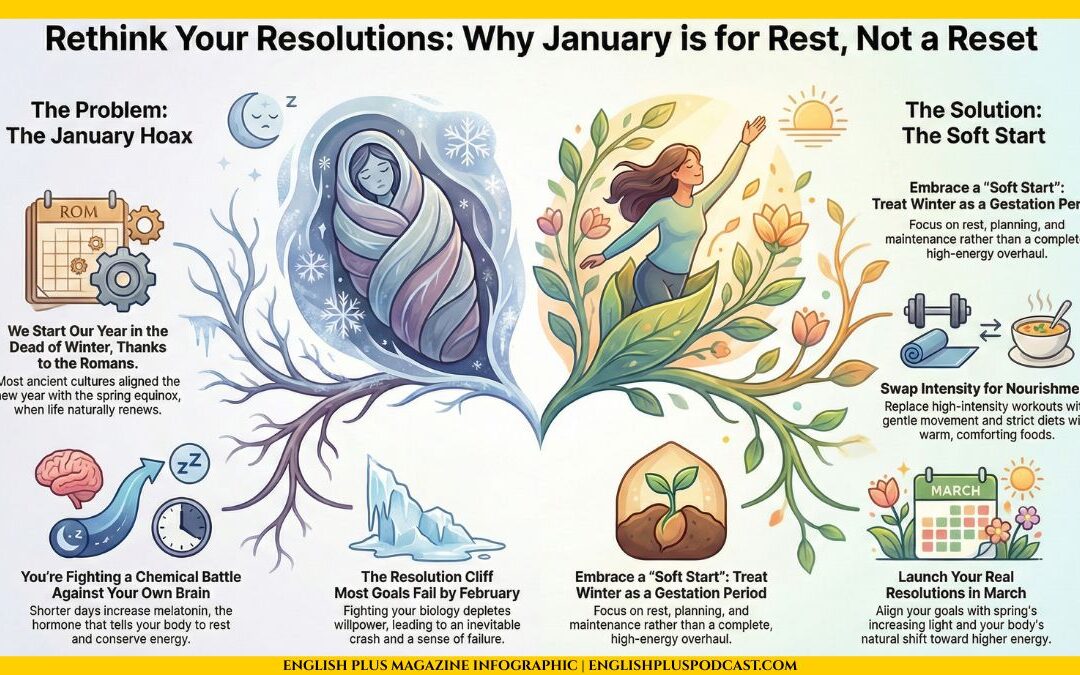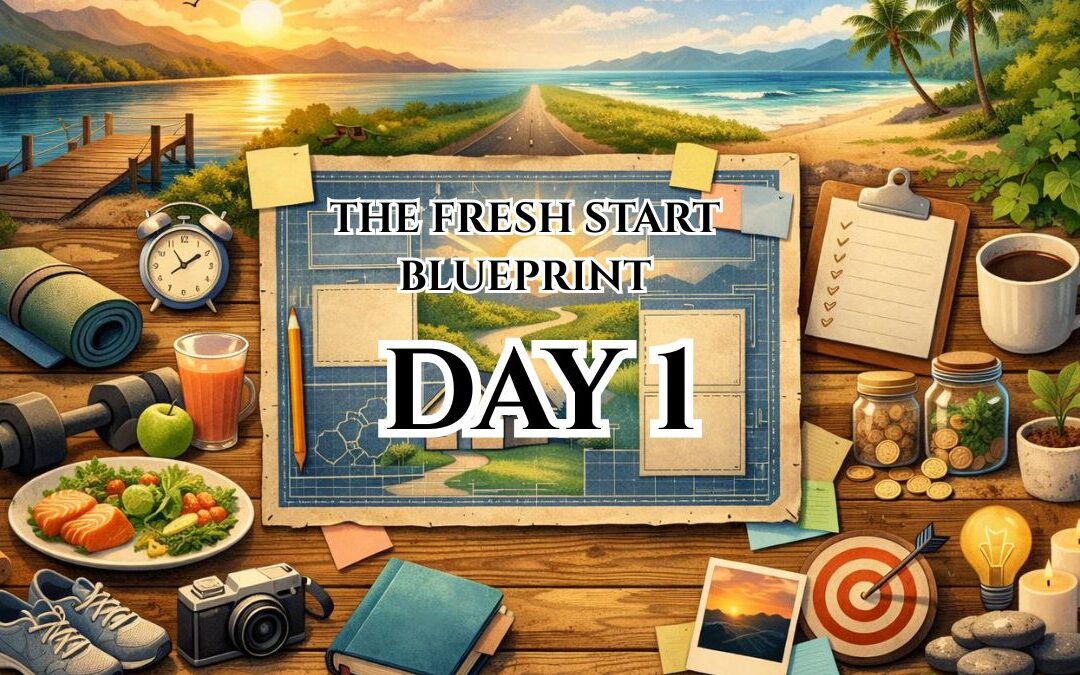John Wooden, the legendary basketball coach, left a legacy not only in sports but also in wisdom. One of his most inspiring quotes is, “Do not let what you cannot do interfere with what you can do.” This powerful statement encourages us to focus on our strengths and abilities rather than our limitations. Let’s explore the meaning of this quote, understand its appropriate usage, and look at some examples to illustrate its significance.
What Does “Do Not Let What You Cannot Do Interfere with What You Can Do” Mean?
This quote emphasizes the importance of focusing on your capabilities rather than your limitations. It encourages a mindset of positivity and action, where you leverage your strengths to achieve your goals instead of being paralyzed by what you cannot do. It’s about making the most of what you have and not allowing obstacles to deter your progress.
When to Use This Quote
- Encouraging Perseverance: Use this quote to motivate someone to keep going despite facing challenges or limitations.
- Example: “I know you find math difficult, but you’re excellent at writing. Don’t let what you cannot do interfere with what you can do.”
- Fostering a Positive Mindset: Remind someone to focus on their strengths and achievements rather than their weaknesses.
- Example: “You might not be the fastest runner, but you’re an amazing strategist. Do not let what you cannot do interfere with what you can do.”
- Overcoming Fear of Failure: Encourage others to try new things and take risks without being hindered by the fear of failure.
- Example: “You may not have experience in public speaking, but your knowledge and passion are incredible. Don’t let what you cannot do interfere with what you can do.”
- Personal Development: Highlight the importance of personal growth by focusing on areas where one can excel.
- Example: “You’re worried about not being able to master every skill in the job, but your creativity and problem-solving abilities are outstanding. Do not let what you cannot do interfere with what you can do.”
When Not to Use This Quote
- Ignoring Significant Limitations: When the limitations are critical and cannot be overlooked.
- Example: In a medical context, telling someone with a serious health condition to ignore their limitations could be irresponsible.
- Dismissing Necessary Skill Development: When the focus should be on improving a necessary skill rather than bypassing it.
- Example: If a student needs to improve their basic literacy skills, focusing on their other abilities alone isn’t enough.
- In Contexts Requiring Full Competence: In situations where complete proficiency is required, and partial capability isn’t sufficient.
- Example: In professional fields requiring comprehensive expertise, such as surgery or piloting, this quote may not be appropriate as it might suggest overlooking critical skills.
Examples to Illustrate Usage
Appropriate Usage:
- Situation: A person is anxious about their inability to grasp a particular aspect of their new job.
- Example: “While it’s true you’re still learning the technical parts, your customer service skills are outstanding. Do not let what you cannot do interfere with what you can do.”
- Situation: A student is struggling with certain subjects but excels in others.
- Example: “Don’t be disheartened by your difficulty in science. Your artistic talent is remarkable. Do not let what you cannot do interfere with what you can do.”
Inappropriate Usage:
- Situation: A surgeon faces a critical surgical procedure they are not trained for.
- Example: “Telling the surgeon ‘Do not let what you cannot do interfere with what you can do’ would be inappropriate as the stakes are too high.”
- Situation: A person with severe physical limitations is being advised on physical activities.
- Example: “It wouldn’t be responsible to use this quote if it means ignoring the necessary precautions for their health.”
John Wooden’s quote, “Do not let what you cannot do interfere with what you can do,” serves as a powerful reminder to focus on our strengths and potential. It encourages us to act on our abilities, fostering a positive and proactive mindset. By understanding when and how to use this quote appropriately, we can inspire ourselves and others to overcome challenges and make the most of our talents.










0 Comments